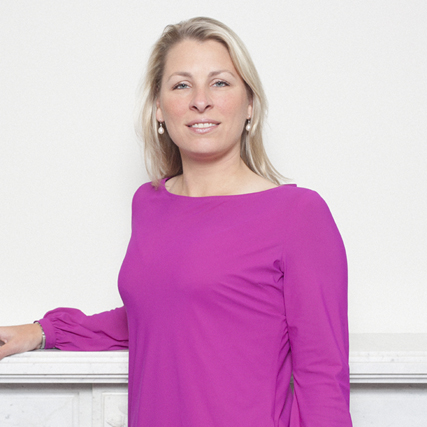Parentage and parental authority
If the parents are married, the married father also automatically becomes the ‘legal’ father. If the parents are unmarried, the father will have to acknowledge the child in order to become the legal father. During a marriage, parents automatically exercise joint authority over their children. What this means is that they take decisions on important matters jointly, such as the choice of schools or medical treatment.
While married parents automatically have joint authority, the same is not the case for partners living together. In such cases, only the mother has authority in terms of the law. If they want to exercise authority jointly, they will have to request forms to do this, fill them in and send them to the Dutch Central Authority Register (Centraal Gezagsregister). Once this form has been registered at the Authority Register, unmarried parents will then exercise authority jointly. What often happens in practice is that parents forget to observe this formality, so that a conflict can arise if and when the relationship comes to an end.
Children are also sometimes raised by multiple parents/carers, for example by two mothers (“dual motherhood”) or two fathers. We can also arrange for the rights and obligations of these parents to be established in law. Mirjam Schoots, one of the partners in our firm, specialises in this type of case, and also handles surrogacy issues. We also represent people who want to adopt a child. International child abduction is another area we regularly deal with. We have a number of specialists dealing with this type of issue, who have wide-ranging experience in these cases.



